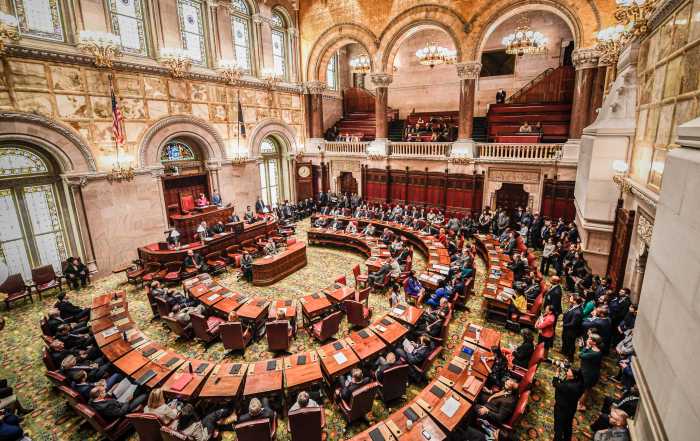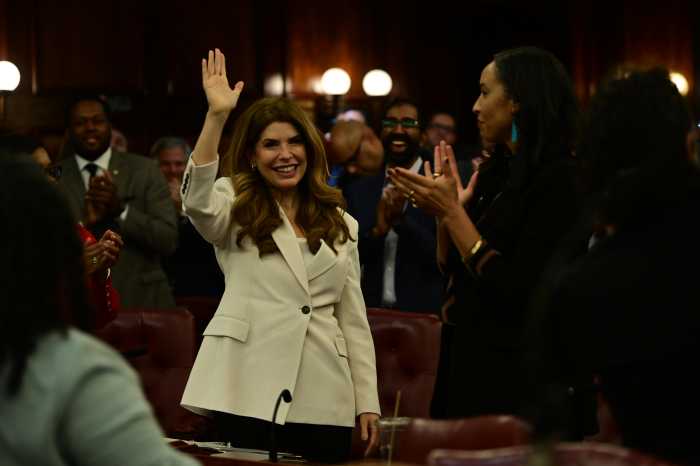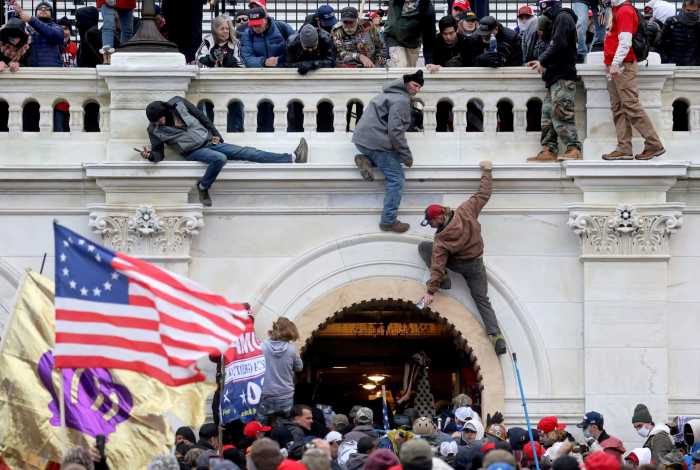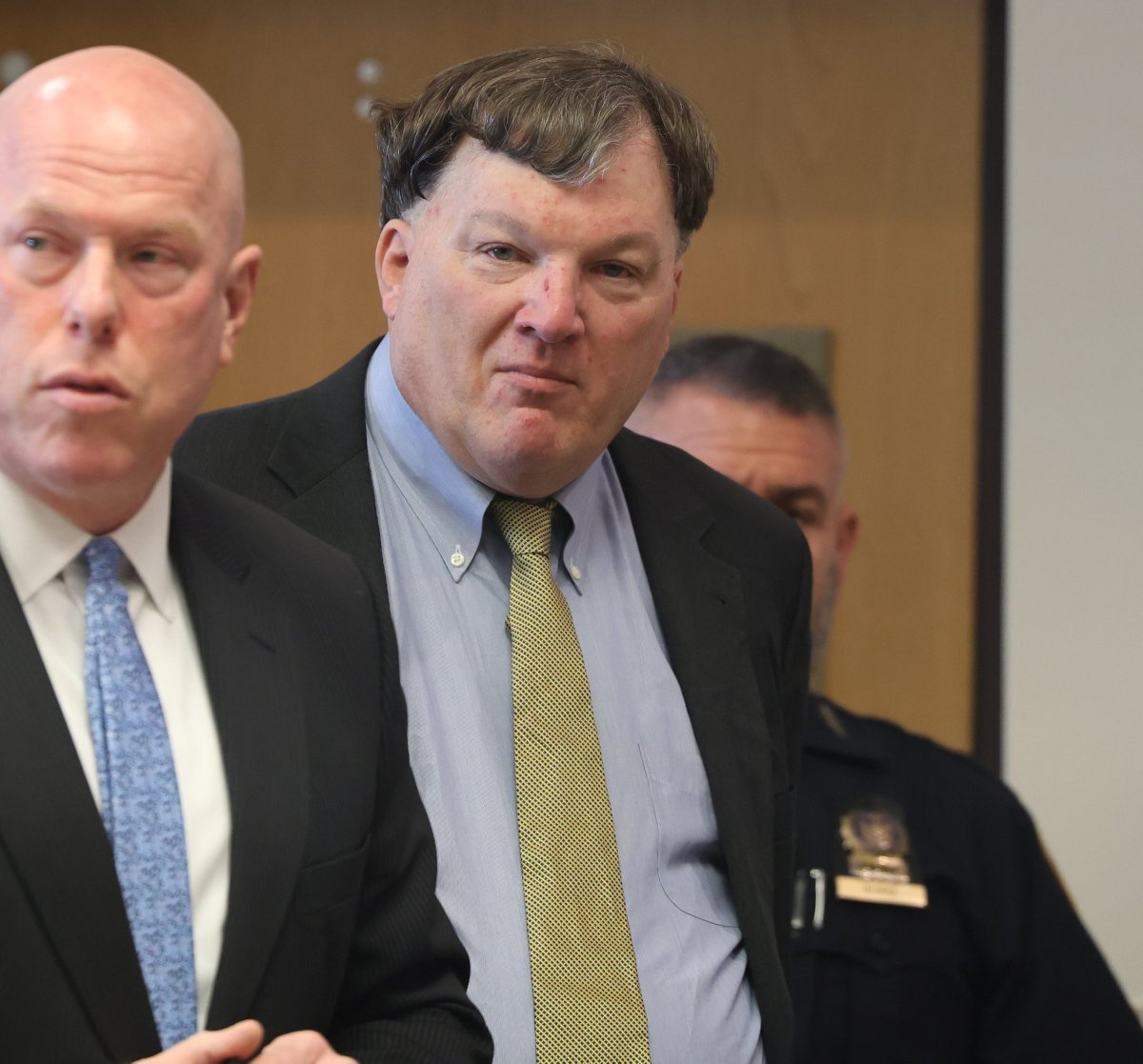Robert Mueller’s testimony lacked drama. Nor did it shed new light on Russia’s meddling in the 2016 presidential election or on the actions of President Donald Trump during the campaign and after the probe began.
But the former special counsel did succeed in sounding a clarion call that must be heeded: Russia is still insidiously active, it has our 2020 election in its sights, and other hostile foreign powers have joined this troubling attempt to subvert our democracy.
The hearings before the House judiciary and intelligence committees Wednesday were predictably and disappointingly partisan. Republicans engaged in diversionary attacks, trying to impugn Mueller’s motives, the people on his team, and the probe’s origins. They asked questions about areas Mueller was barred from addressing by the Department of Justice. They consistently mischaracterized what the report actually said.
But they did nothing to discredit the central thread of Mueller’s findings — that Russia interfered in the 2016 election to help Trump, that Trump’s campaign encouraged the assistance and accepted it, and that Trump tried in a variety of ways to stop the FBI investigation of it.
Those facts remain intact, and that is disturbing.
The report’s details
Democrats did not get what they wanted, either, forced to read sections of the report and ask Mueller to confirm. He refused to weave the report’s wealth of details into a compelling narrative and likely source of campaign attack ads. He was sometimes halting, sometimes befuddled as he searched for a word or a citation. And though he did say that the report did not exonerate Trump, he did not offer a slam-dunk pronunciation that the evidence he collected warranted impeaching the president.
But Mueller was sharp in analyzing what Russia did to the country in the 2016 election and what it’s still trying to do. He said future candidates must reject foreign help and report such offers to the FBI, called for cooperation among our intelligence agencies in fighting this dangerous threat, and said that our election infrastructure must be hardened against cyber attacks. He’s right. Congress must send states the money to do so.
The hearings brought other elements of clarity — namely, that the House should continue its process. The nation needs to hear from former White House counsel Don McGahn, central to several Trump obstruction attempts conveyed in Mueller’s report. Former campaign manager Corey Lewandowski and others should be called. Remember, other investigations at the federal and state levels spun off from Mueller’s probe still are underway. What will they find?
Another look at the law
These hearings also should revisit the special counsel statute. The independent counsel law governing Ken Starr during the Whitewater-turned-Monica Lewinsky probe enabled Starr’s out-of-control behavior. The statute governing Mueller is too restrictive, allowing too much control by the Department of Justice. A better statute would have allowed Mueller to testify more freely and to submit his report directly to Congress, not Justice.
But all of that pales before the Russian threat. As Mueller said, it was not a hoax. We ignore it at our extreme peril.






































